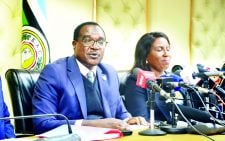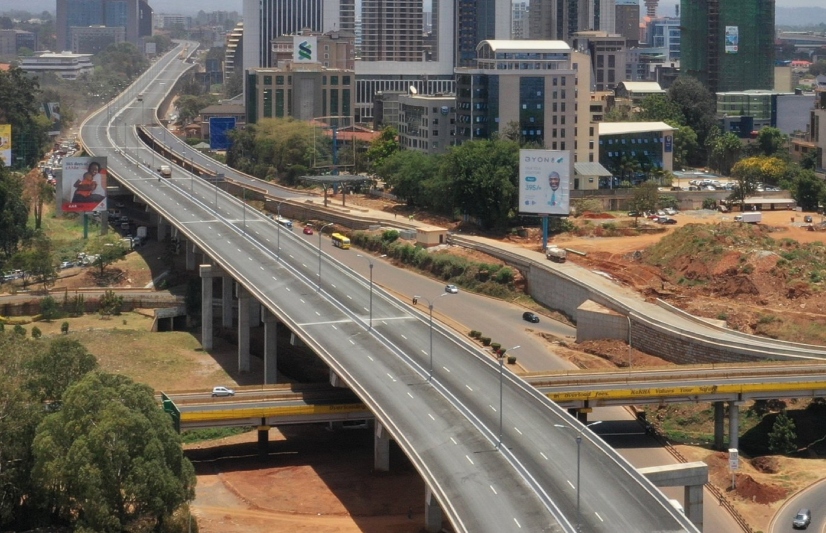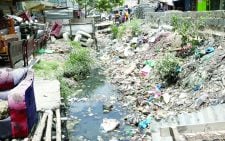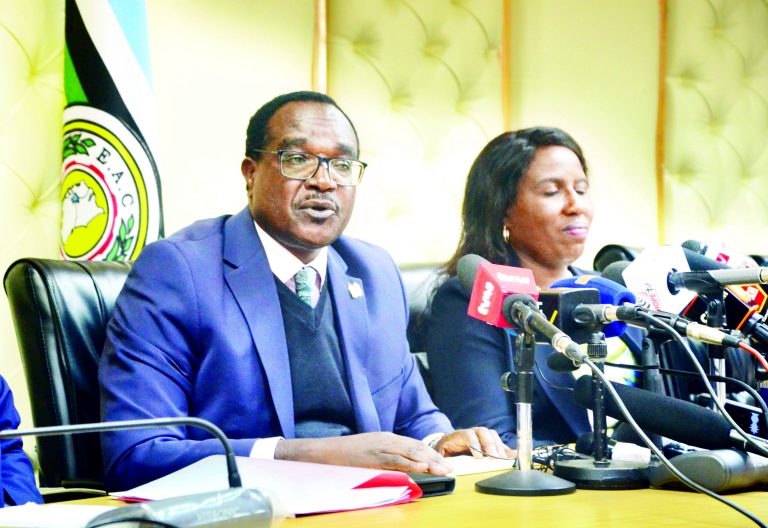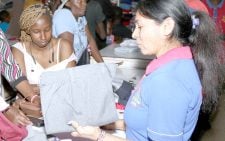FOCAC 2024 will strengthen China-Africa ties

The 2024 Summit of the Forum on China-Africa Cooperation (FOCAC) will be held in Beijing from September 4-6.
The theme is “Joining Hands to Advance Modernisation and Build a High-Level China-Africa Community with a Shared Future.” Leaders of FOCAC’s African members will attend the summit at the invitation of the forum.
Representatives of relevant African regional organisations and international groups will attend relevant forum events.
FOCAC stands out as a pivotal platform in international diplomacy, underscoring the evolving relationship between China and Africa.
Since its inception in 2000, FOCAC has grown into a significant mechanism for bilateral and multilateral dialogue, cooperation and development between the two regions.
FOCAC has made great strides, particularly in its contributions to economic development, infrastructure, trade and socio-cultural exchanges between the two partners.
One of FOCAC’s most notable achievements is its impact on economic development in Africa.
Over the years, China has become Africa’s largest trading partner, surpassing traditional partners such as the European Union and the United States.
Through FOCAC, China has pledged substantial financial assistance to African countries, with billions of dollars allocated for various development projects.
These investments have been crucial in funding infrastructure projects, including roads, railways and energy facilities, which are essential for fostering economic growth and improving connectivity within the continent.
Trade relations between China and Africa have also flourished under FOCAC’s framework. As of 2023, trade between China and Africa hit high levels, reflecting the deepening economic ties between the two regions.
In 2022, the trade volume between China and Africa was about $282 billion, with China maintaining its position as Africa’s largest trading partner.
The forum has facilitated greater bilateral trade, leading to a diversification of Africa’s trade partners and markets.
By integrating African countries into its global supply chains, China has helped boost Africa’s exports and provide a more stable economic environment.
FOCAC’s emphasis on infrastructure development has had a transformative effect on Africa. The construction of roads, bridges, railways and ports has not only improved regional connectivity but also enhanced trade efficiency.
For example, the Addis Ababa-Djibouti railway, funded by Chinese investments, has revolutionised trade routes between Ethiopia and the coast, significantly reducing transportation costs and boosting economic activity.
Additionally, China’s involvement in building power plants and renewable energy projects has addressed some of Africa’s critical energy deficits. Improved energy infrastructure has enabled industrial growth, increased access to electricity for rural communities, and supported the continent’s overall economic development.
FOCAC has also made strides in enhancing socio-cultural exchanges and capacity building. Educational programmes and scholarships offered by China have provided African students with opportunities to study in Chinese institutions, fostering knowledge transfer and skill development.
These educational initiatives contribute to the development of human capital in Africa, which is essential for long-term sustainable growth.
Additionally, FOCAC has facilitated cultural exchanges that promote mutual understanding and cooperation between its peoples.
Initiatives such as cultural festivals, art exhibitions and people-to-people exchanges have strengthened the cultural ties between China and Africa, creating a foundation of goodwill and collaboration beyond mere economic transactions.
FOCAC has achieved significant milestones in enhancing the relationship between China and Africa. Its contributions to economic development, infrastructure, trade and socio-cultural exchanges are substantial and have had a profound impact on the continent’s growth trajectory.
The two partners are constantly addressing the existing challenges and striving for a more balanced and inclusive approach.
— The writer is a PhD student in International Relations

